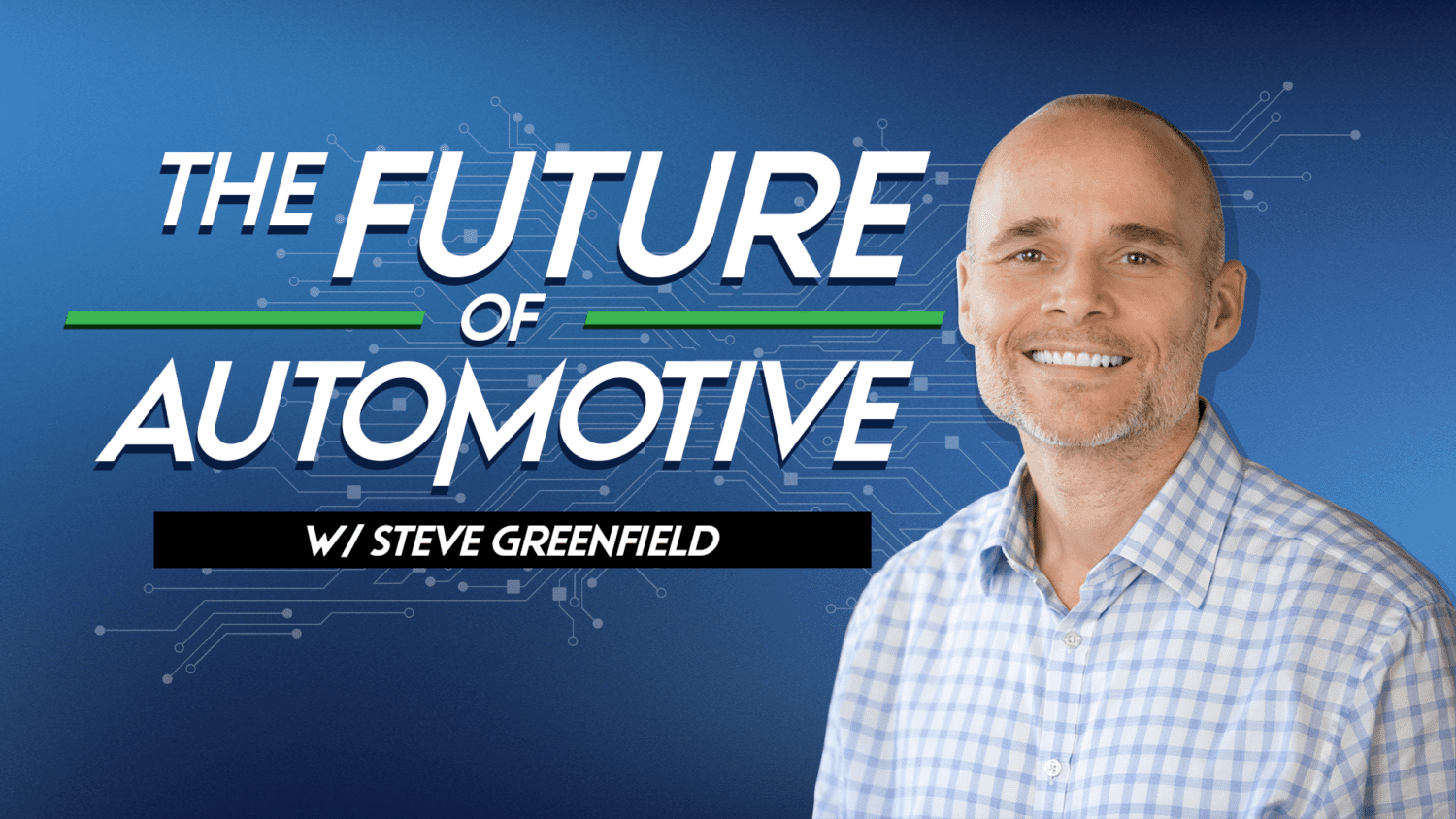A look at the news lately would have you believe that artificial intelligence (AI) will soon take the place of writers and artists. And while that might be true one day (this article still comes from a human), there are ways this technology can make a difference today for car dealerships.
CDK Global surveyed 243 dealership executives who “consider themselves early adopters of new technology.”
The October 2021 poll uncovered that AI has far-reaching effects across dealerships currently using the technology. Most significantly, 70% of these respondents report that AI is helping with sales. Other areas benefiting include the service department (47%) and marketing (43%).
Here’s a breakdown of where these cutting-edge dealers report AI’s positive influence on their operations.
#1 Staffing shortages
High staff turnover is a fact of life for many dealerships, so maximizing the talent that’s already in place makes sense. AI can boost productivity and reinforce existing skill sets, so employees work smarter, not harder.
For instance, AI systems can accelerate the onboarding of new service technicians. These advanced platforms use historical data to guide technicians through inspections thoroughly. The results are more rapid skill development, improved service, and higher customer satisfaction.
On the sales side, AI generates better-targeted lists, so staff is working with more highly qualified prospects from the get-go, a considerable time saver.
#2 Employee turnover
Hanging on to those employees currently on the payroll is one way of making staff shortages less severe. AI presents a solution that can reduce burnout by automating repetitive job functions. A simplified workflow means staff members can direct their energies toward more engaging and rewarding tasks, thereby increasing morale and engagement. Importantly, employees should see AI as another productivity tool, not a threat to their jobs.
#3 New customer acquisition
Think about all your dealership’s efforts to bring new people through the doors, and chances are the competition does the same things. One way to stand out from the crowd is by delivering a more tailored marketing experience.
AI can sift through data and customer profiles and present on-target information about inventory, financing, and more, all without over-communicating with the prospect. CDK cites dealers that use natural language processing (NLP), a branch of AI that can assess customer sentiment during a call for a more accurate response.
 |
#4 Lead conversion
Doing more with less is the mantra for today’s dealerships, especially when it comes to a leaner sales team. AI technology like chatbots and voice-response systems can engage customers while freeing sales personnel to focus on priority contacts. Other offerings can scrape the CRM for dormant leads and reach out to reignite interest.
#5 Service customer retention
Car owners have an almost limitless choice of options for service work. Keeping these customers returning to your service department requires the ideal blend of attention and expertise, things AI is well-suited to deliver.
AI can support the service advisor by informing the customer about repair status. At the same time, this technology can enhance the technician’s job by improving diagnostics and anticipating component failure before the customer knows there’s an issue.
Understanding the realities of new technologies
These AI benefits paint a rosy picture of what can be for forward-thinking dealerships, but the CDK survey also mentioned some of the reluctance that comes with technology adoption. These executives expressed concerns about the following:
- Not getting a sufficient return on investment from AI technologies
- Facing implementation challenges, including setup and training costs
- Dealing with employee resistance to the changes
- Aligning these new technologies with existing workflows
- Becoming too dependent on AI to get the work done
Did you enjoy this article? Please share your thoughts, comments, or questions regarding this topic by connecting with us at newsroom@cbtnews.com.
Be sure to follow us on Facebook, LinkedIn, and TikTok to stay up to date.
While you’re here, don’t forget to subscribe to our email newsletter for all the latest auto industry news from CBT News.



